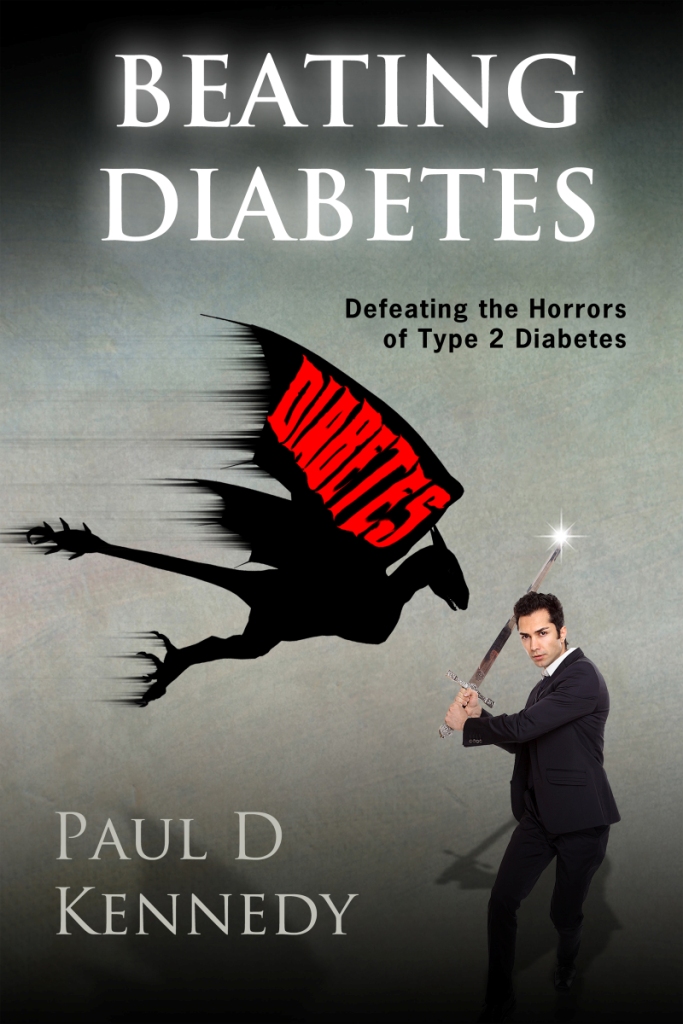The relationship between alcohol and diabetes is extremely complex. At one level, the consumption of alcohol can contribute to the conditions that bring on Type 2 Diabetes. However, there is some evidence that low levels of alcohol consumption can actually protect people against the development of diabetes … Guest blogger Anne Corcoran explains
Doctors generally advise Type 2 diabetics that it is safe for them to drink alcohol in moderation, but warn them that they must be careful when drinking, and try to stick to certain varieties of drink [1].
Indeed drinking to excess can have a very serious effect upon your metabolism.
How alcohol can damage your metabolism
Long-term heavy drinkers are the most likely group of people to develop chronic pancreatitis [2].
As every diabetic knows, your pancreas is the organ which produces insulin. An alcohol-damaged pancreas is unable to produce insulin as effectively as it should, meaning that a great many chronic alcoholics will develop diabetes as (yet another) side effect of their addiction.
Further to this, alcohol’s effects upon your liver can interfere with your digestion and metabolism in various unsavoury ways, thereby promoting the kind of metabolic conditions in which type 2 diabetes is likely to develop.
Though long-term heavy drinkers often look skinny [3], their metabolisms and metabolic organs are nonetheless likely to be operating at very low levels.
If your pancreas and liver are already suffering, adding alcohol into the mix is certainly not going to help the situation.
The relationship between alcohol and weight
Alcohol is also extremely sugary and calorific [4] which, needless to say, does not make it ideal fare for diabetics. On a night out, one can consume a vast amount of sugar-based calories without really realising it.
Worse, the way in which alcohol lowers your inhibitions means that you’re likely to throw caution to the winds and continue to consume, despite your initial best intentions!
There is also evidence to suggest [5] that alcohol actively makes people crave the kind of fatty, carb-stuffed, sugary foods which diabetics really should be wary of.
With your inhibitions out for the count, and your better judgement drowning in booze, it’s all too easy to give in to your baser instincts and stuff your face with the kinds of foods which your body really cannot cope with.
Blood sugar levels quickly head through the roof, and then crash dangerously.
Does alcohol cause hypos?
The symptoms of a hypo (in which your blood glucose drops to a dangerously low lever) mirror the symptoms of being drunk, making it difficult for those around you (and, often, yourself!) to realize that there is actually something wrong.
Problematically, four to six hours after drinking alcohol, your blood sugars are inclined to crash to dangerously low levels even if you are not diabetic. Many people are asleep at this time, meaning that they could easily get into a perilous state before realizing that anything is wrong.
It is therefore important to always be aware that drinking alcohol is likely to lower your blood sugar levels, and keep monitoring yourself while drinking.
Can alcohol in moderation help to prevent diabetes?
Curiously, despite all this, it appears that a moderate alcohol intake can actually protect you against type 2 diabetes.
Nobody is entirely sure why this is. It’s long been known that alcohol in moderation is actually healthier than teetotalism [6], although scientists are divided as to why.
Some believe that antioxidants and other nutrients found in some varieties of alcohol may have a protective effect upon your body.
Others believe that moderate drinkers tend to have healthier social lives (and are more likely to get out and about rather than sitting on the couch stuffing their faces alone) than many people.
A good, supportive network of friends and the fun which can be had on a moderate night out is great for your health in all kinds of ways.
However, before you crack open the wine it is worth remembering that ‘moderate’ alcohol intake is probably a lot less than you think.
Guidelines tend to define moderate alcohol consumption as one drink per day for women and two per day for men – any more than that and you’re drinking too much to feel the benefit!
Resources:
[1] Drinking & You, “Alcohol and Diabetes”
[2] Drinkaware.co.uk, “Alcohol and pancreatitis”
[3] Anne M Fletcher, “On Alcohol, Alcohol Use Disorders, and Weight Gain”, Rehabs.com, Oct 2015
[4] NHS, “Calories in alcohol”
[5] Roxanne Palmer, “Boozing And Fatty Food Cravings: The Science Behind Hangover Brunch”, International Business Times, Jan 2013
[6] Harvard School Of Public Health, “Alcohol: Balancing Risks and Benefits”,
